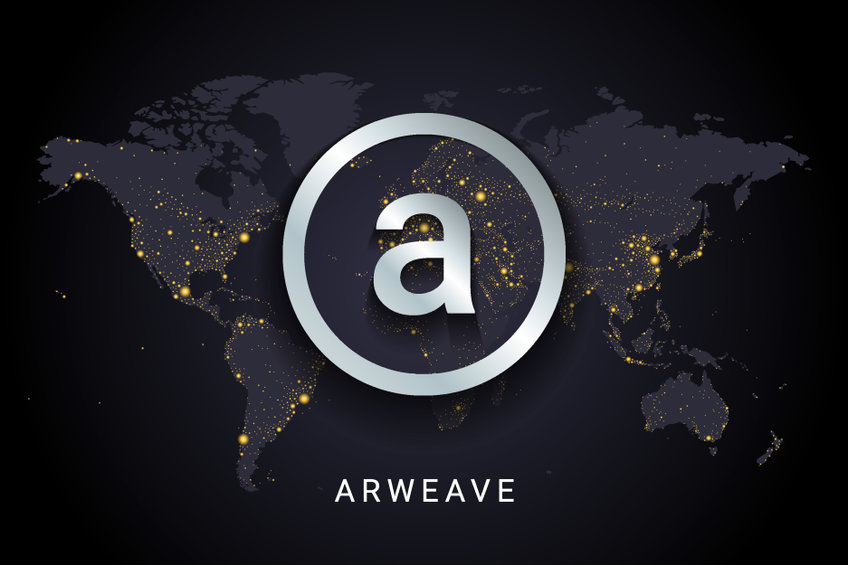Polymarket's 25% Fake Volume Poses a Risk to the Trustworthiness of Prediction Markets
- Columbia researchers found 25% of Polymarket's trading volume is artificially inflated via wash trading, peaking at 60% in December 2024. - The study attributes this to Polymarket's fee-free model and pseudonymous wallets enabling linked accounts to manipulate volume metrics. - Sports markets showed 45% artificial activity, raising concerns about prediction markets' reliability as public sentiment indicators. - Polymarket's planned U.S. re-entry under CFTC regulation faces scrutiny amid claims that 48% o
Researchers from Columbia University have discovered that as much as a quarter of all trading on Polymarket—a major blockchain-based prediction market—may be artificially boosted through tactics like wash trading. The study, led by Yash Kanoria from Columbia Business School and Rajiv Sethi from Barnard College, reveals that repeated transactions between related accounts have skewed the platform’s reported trading volumes, according to a
To uncover these patterns, the team created a network analysis tool that flagged wallets frequently trading with each other but rarely interacting with outsiders. Their research, which appears on the open-access site
, suggests that, on average, 25% of trades over the last three years were wash trades, with the proportion spiking to 60% in December 2024.

While the study stops short of accusing Polymarket of direct involvement, it points to certain platform features that facilitate this behavior. These include no transaction fees, which make repeated trades inexpensive, and the use of pseudonymous blockchain wallets, which allow users to operate multiple accounts. Polymarket has yet to issue a formal response, stating it is currently evaluating the study.
This news comes as Polymarket sees a spike in user activity, fueled by its recent announcement of a POLY token airdrop and its intention to re-enter the U.S. market. In October 2025, the platform reported more than 477,000 active users and $3 billion in trades, representing a 48% monthly jump in users and double the previous month’s trading volume, as reported by
. Yet, the research indicates that much of this apparent growth could be due to non-genuine trading rather than real market interest.
The study’s results cast doubt on the reliability of prediction markets as tools for harnessing collective intelligence. Wash trading, which is illegal in regulated U.S. markets, can deceive participants by inflating perceived liquidity and demand. The authors stress that being able to separate legitimate trading from artificial volume is essential for accurately gauging Polymarket’s true market position and for preserving confidence in prediction markets as trustworthy reflections of public opinion.
Artificial trading is not exclusive to Polymarket. Research from 2022 found that 70% of trading on unregulated crypto exchanges was inflated by wash trades. Polymarket’s situation stands out due to its rapid expansion and its upcoming U.S. relaunch, which could subject it to greater regulatory oversight. The company plans to return to the U.S. market through QCX, a CFTC-regulated exchange, after settling with regulators in 2022 over unlicensed trading.
At the same time, rival platform Kalshi has been gaining popularity, especially in sports prediction markets, though its non-blockchain design makes it less transparent for academic analysis. The overall prediction market industry is thriving, with Kalshi reporting $4.4 billion in trading volume for October.
Disclaimer: The content of this article solely reflects the author's opinion and does not represent the platform in any capacity. This article is not intended to serve as a reference for making investment decisions.
You may also like
Arweave (AR) price forecast as it rides the DePIN sector momentum

Ethereum Bounces Back After $155M Short Liquidations: Is a Reversal in Sight?
Bitget Appoints Ignacio Aguirre Franco as Chief Marketing Officer to Drive Global Growth
Internet Computer's Latest Rally: Can This Upward Trend Be Maintained?
- Internet Computer (ICP) surged in 2025 amid blockchain infrastructure adoption and DeFi TVL growth, but faces sustainability questions due to volatility and security risks. - DApp engagement dropped 22.4% in Q3 2025, highlighting challenges in user retention despite infrastructure advancements like ICP's scalable "canister" smart contracts. - DeFi TVL hit $237B in Q3 2025, driven by institutional interest in stablecoins and RWAs, though ICP's direct contribution remains unclear compared to Ethereum and S
